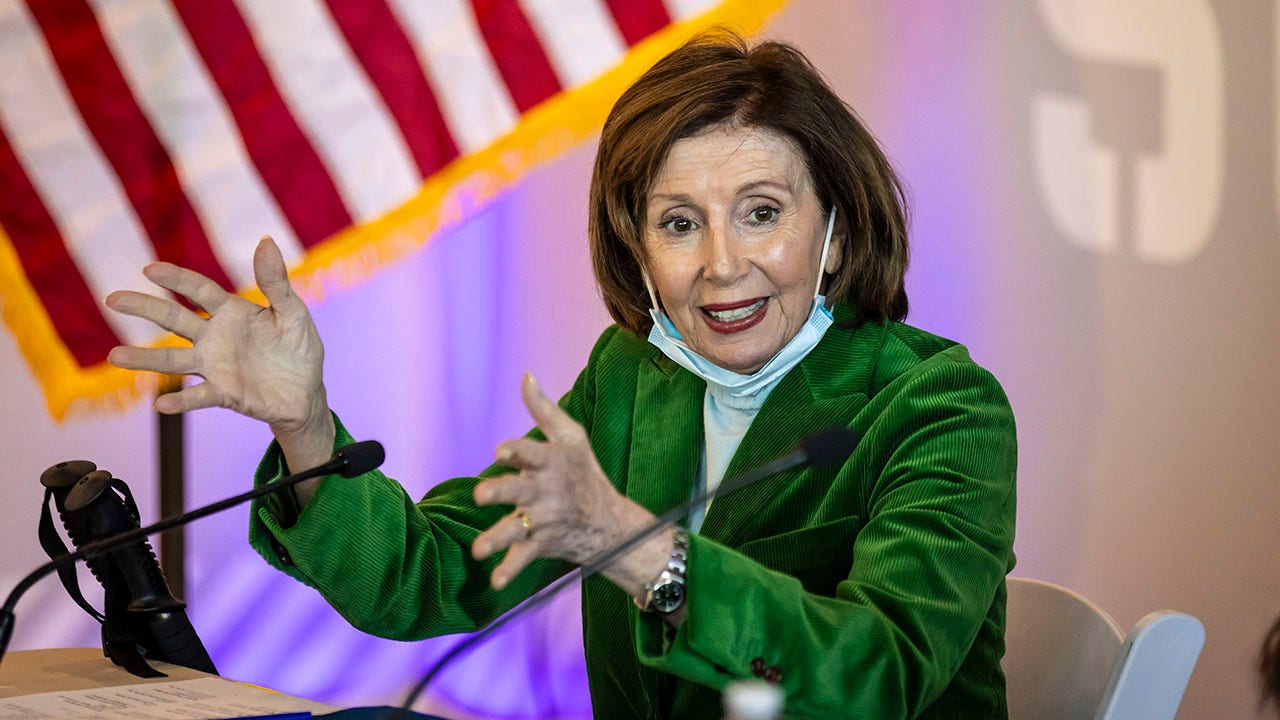Top News
The Israeli defense minister on Friday appeared to rebuff a French proposal to calm tensions between Israel and Hezbollah, the powerful Lebanese armed group, after several days of intensified cross-border strikes raised further fears of war on another front.
The United States, France and other mediators have sought for months to reach a diplomatic settlement between Israel and Hezbollah that would ease the tit-for-tat strikes that began after the war in Gaza started in October. Emmanuel Macron, the French president, said Thursday that France and the United States had agreed in principle to establish a framework with Israel to “make progress” on a French proposal to end the violence.
But on Friday, Defense Minister Yoav Gallant of Israel, a defense hawk who has called for Israel to take a harsher tack against Hezbollah, appeared to reject the French idea out of hand.
“As we fight a just war, defending our people, France has adopted hostile policies against Israel,” Mr. Gallant said on social media. “Israel will not be a party to the trilateral framework proposed by France.”
Tensions between Israeli officials and France have risen as Mr. Macron has increasingly criticized Israel’s military offensive in Gaza. The French president said he was outraged by an Israeli strike last month that Palestinian health officials say killed dozens of displaced Gazans.
His comments came after Hezbollah launched a series of rockets on Friday that set off sirens across northern Israel, but caused little reported damage.
The launches were in response to an Israeli strike overnight that targeted a three-story building in southern Lebanon and killed two people, according to a Lebanese security official. The official, who spoke on condition of anonymity to discuss the issue, said there was no indication that Hezbollah commanders had been killed in the strike. The Israeli military declined to comment on the strike.
As part of a potential diplomatic settlement, Israel has demanded that Hezbollah withdraw its forces to beyond the Litani River in Lebanon, based on a United Nations Security Council resolution that ended a 2006 war between the two sides. The resolution stipulated that only United Nations forces and the Lebanese army would be allowed in the area, but both sides have accused the other of violating it.
Analysts say Hezbollah is unlikely to agree to such an arrangement. French mediators have instead proposed a framework that includes a smaller buffer zone of roughly six miles from Lebanon’s border with Israel, and an increase in the number of Lebanese army troops stationed in the border area.
In the absence of any such deal, both sides have opted for a limited escalation: Hezbollah militants have launched drones and rockets into northern Israel on a near-daily basis since October while Israeli aircraft have targeted Lebanese militants, including deep inside the country. Over 150,000 people on both sides of the border have fled their homes.
Analysts and officials say that although neither Israel nor Hezbollah appears interested in a full-scale war, a miscalculation could draw both sides into one.
Israel has frequently conducted targeted assassinations of Hezbollah militants over the past eight months. Late Tuesday, Israeli forces killed a senior Hezbollah commander in a strike in southern Lebanon, prompting a rocket barrage from Hezbollah into Israel.
On Thursday, Hezbollah attacks wounded four people in Israel, including two soldiers. Falling rockets, Israeli interceptors and shrapnel have also ignited wildfires that have burned over 11,000 acres in the past two weeks, according to Israel’s Nature and Parks Authority.





